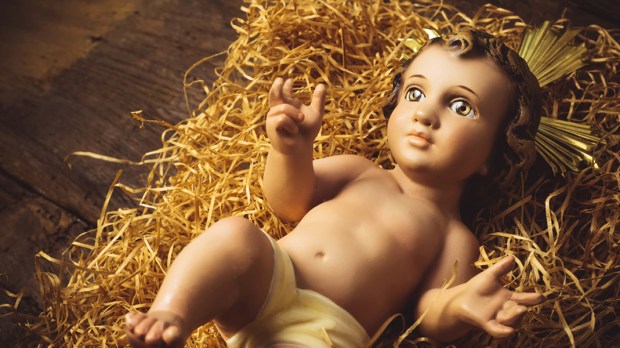“Merry Christmas” is a common phrase this time of year, but what does “Christmas” really mean? The English word is unique and greatly differs from how other language groups refer to Jesus’ birth.
For example, Italians say “Buon Natale,” which has at its root the Latin word natus, meaning “born” (referring to Christ’s birth). Spanish speaking people have a similar phrase, “Feliz Navidad,” that has the same Latin root word.
In England a different tradition arose in the 11th century with regards to labeling Jesus’ birth. According to the Catholic Encyclopedia, “The word for Christmas in late Old English is Cristes Maesse, the Mass of Christ, first found in 1038, and Cristes-messe, in 1131.”
In modern English it became “Christmas” and follows a custom of combining the word “Mass” with the main focus of a particular feast day. As a result, there exists “Michaelmas” (in honor of St. Michael); “Candlemas” (a day when candles are blessed at Mass); and “Marymas” (referring to major feasts in honor of the Blessed Virgin Mary).
December 25 then became known as “Christ’s Mass,” a day when Mass is celebrated in honor of Christ’s birth.
While it may not be explicit what exactly the word “Christmas” is referring to, one thing is certain, it is a day to celebrate Jesus Christ.
Read more:
When was the first Christmas?

